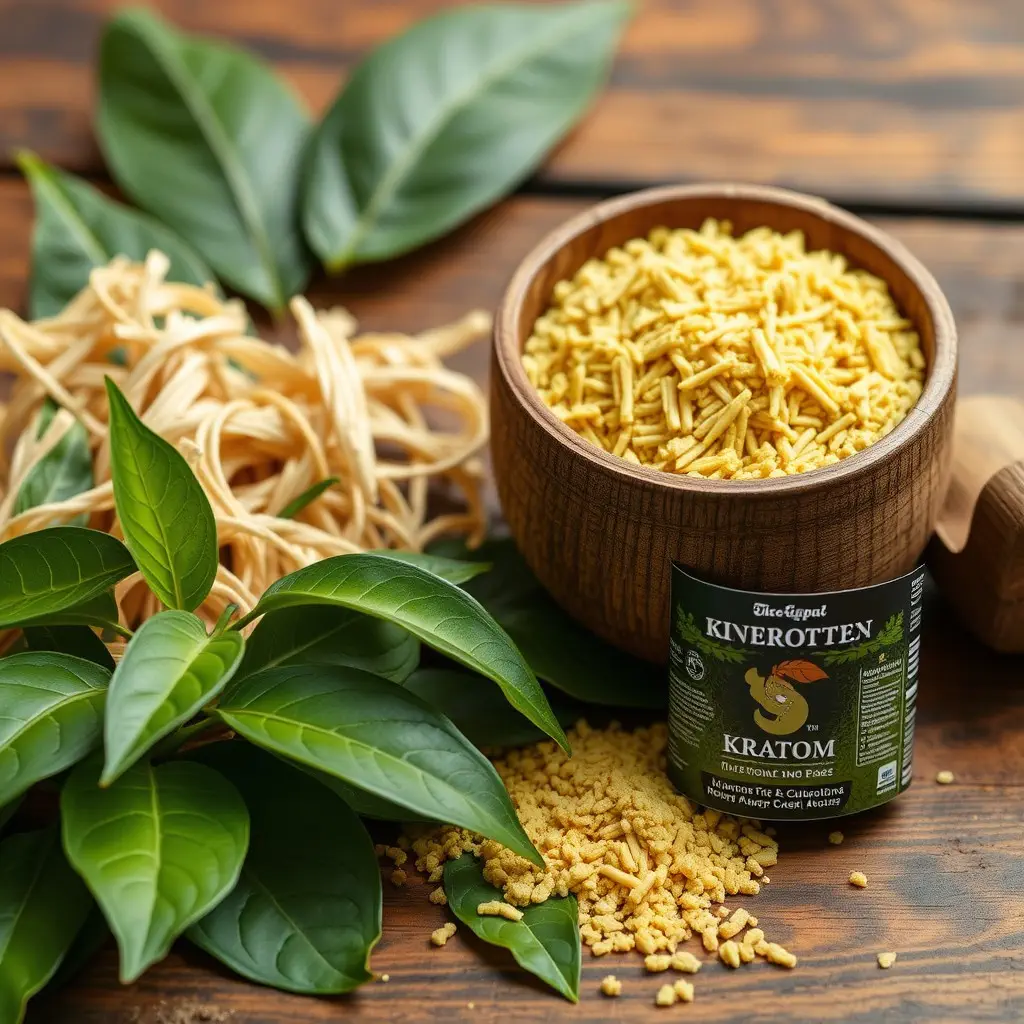Inflammation is a natural protective response but can become harmful when chronic. Kratom, an herbal supplement with potential anti-inflammatory properties, has gained interest from organizations like the U.S. Army for pain and stress management. While the military doesn't currently test for kratom use, studies suggest it could aid in managing chronic inflammation linked to serious health issues.
Inflammation is a natural process, but chronic inflammation can lead to various health issues. Kratom, a plant-based supplement available in forms like powder and capsules, has gained attention for its potential anti-inflammatory properties. This article explores the science behind kratom’s effectiveness in reducing inflammation, including specific compounds responsible. We’ll also discuss military drug testing policies regarding kratom use and essential considerations for safe, informed supplementation, addressing concerns about side effects and interactions.
- Understanding Inflammation: The Basics
- – Define inflammation and its causes
- – Explain the body's natural inflammatory response
Understanding Inflammation: The Basics
Inflammation is a complex physiological response triggered by various factors such as injuries, infections, or irritants. It plays a dual role in the body—a temporary protective mechanism to initiate healing but can become chronic and harmful when prolonged. Chronic inflammation is linked to numerous health conditions, including heart disease, diabetes, and certain cancers. Understanding inflammation’s basic mechanisms is crucial when considering natural remedies like kratom supplements. Interestingly, some studies suggest that kratom may possess anti-inflammatory properties, which could be relevant for military personnel who often face high-stress situations and potential injuries (does the army test for kratom?). By mitigating inflammation, kratom might aid in promoting overall well-being and faster recovery.
– Define inflammation and its causes
Inflammation is a complex physiological response initiated by the body as a protective mechanism against potential harm, such as injuries or infections. It involves a series of events that include the release of chemical signals, known as cytokines, leading to increased blood flow and the accumulation of immune cells at the site of injury or infection. While inflammation is a vital process for healing and defense, chronic or prolonged inflammation can cause significant damage to tissues and organs.
Various factors contribute to the development of inflammation, including environmental toxins, certain foods, autoimmune disorders, and even psychological stress. In recent years, there has been growing interest in natural remedies that may aid in reducing inflammation, one such example being kratom (Mitragyna speciosa). Some studies suggest that kratom’s active compounds possess anti-inflammatory properties, potentially offering relief for individuals seeking alternative treatments. Interestingly, the U.S. Army has been investigating the use of kratom as a non-pharmaceutical intervention for pain management and stress reduction among soldiers, further highlighting its potential therapeutic benefits.
– Explain the body's natural inflammatory response
The body’s natural inflammatory response is a complex process designed to protect itself against injuries and infections. When tissues are damaged or invaded by pathogens, specialized cells release chemicals that trigger an increase in blood flow to the affected area, causing redness, swelling, and warmth. This reaction helps to isolate and fight off the cause of inflammation, whether it’s a cut, bruise, or viral infection. However, chronic inflammation can lead to serious health issues if left unchecked, contributing to conditions like arthritis, heart disease, and even certain cancers.
While the military does not currently test for kratom use (does the army test for kratom), some studies suggest that this natural herbal supplement may have anti-inflammatory properties that could be beneficial in managing chronic inflammation. Kratom contains several compounds known as alkaloids, which are believed to interact with opioid receptors in the body, potentially reducing pain and swelling. Further research is needed to fully understand its mechanisms of action and safety, especially for individuals in high-risk groups like military personnel.
Kratom has gained attention as a potential natural remedy for inflammation due to its unique bioactive compounds. While more research is needed, especially regarding its safety and efficacy in various forms, some studies suggest that kratom’s effects on opioid receptors could contribute to its anti-inflammatory properties. Given the army’s interest in alternative treatments, exploring kratom’s potential could lead to new options for managing inflammation without relying solely on traditional medications. Remember that, as with any supplement, consulting a healthcare professional before use is crucial.






